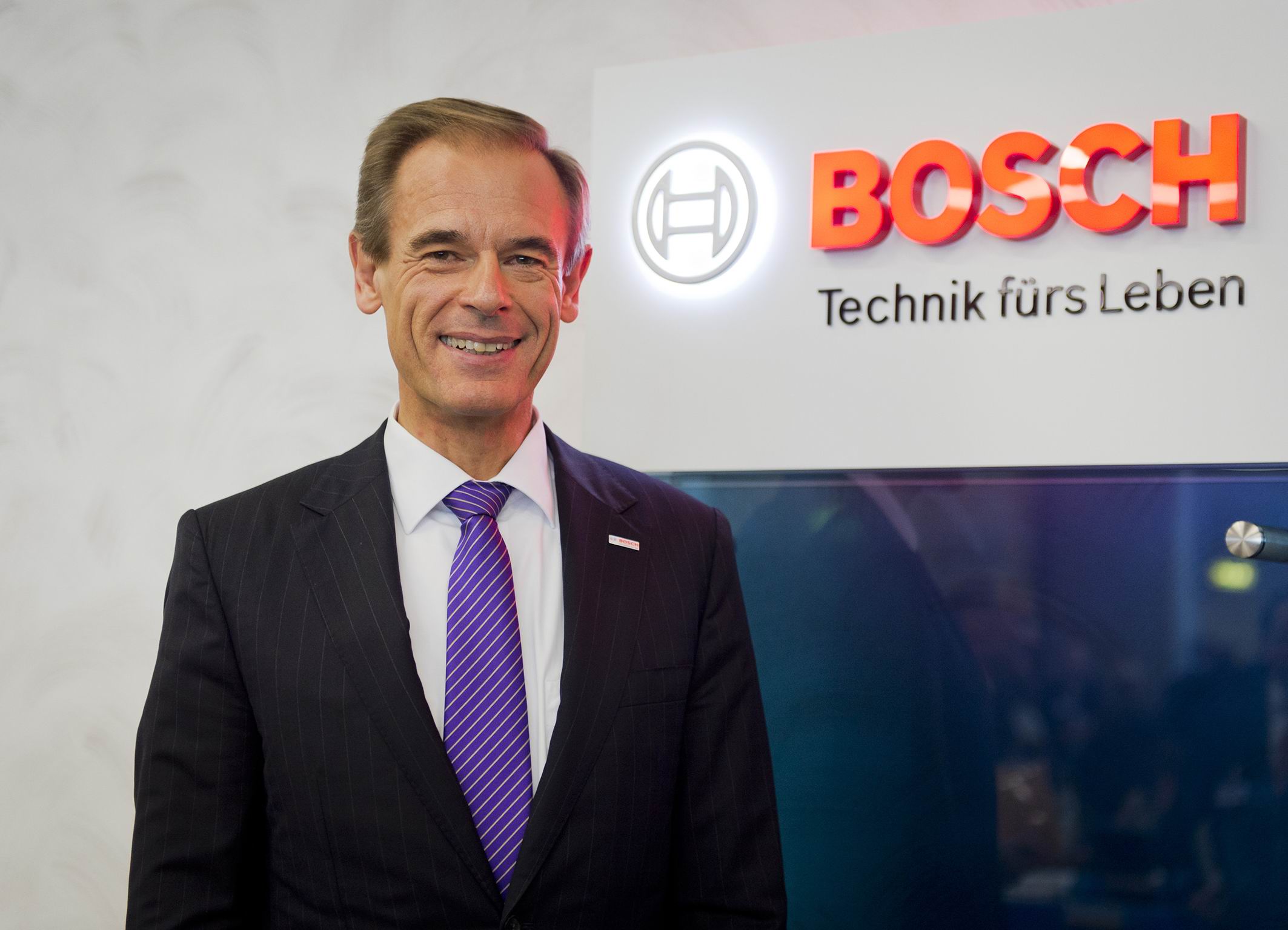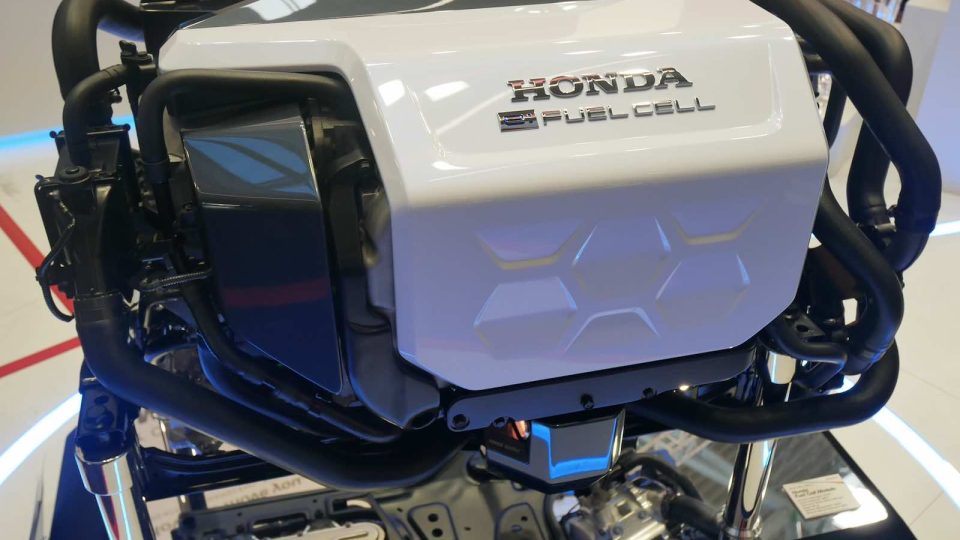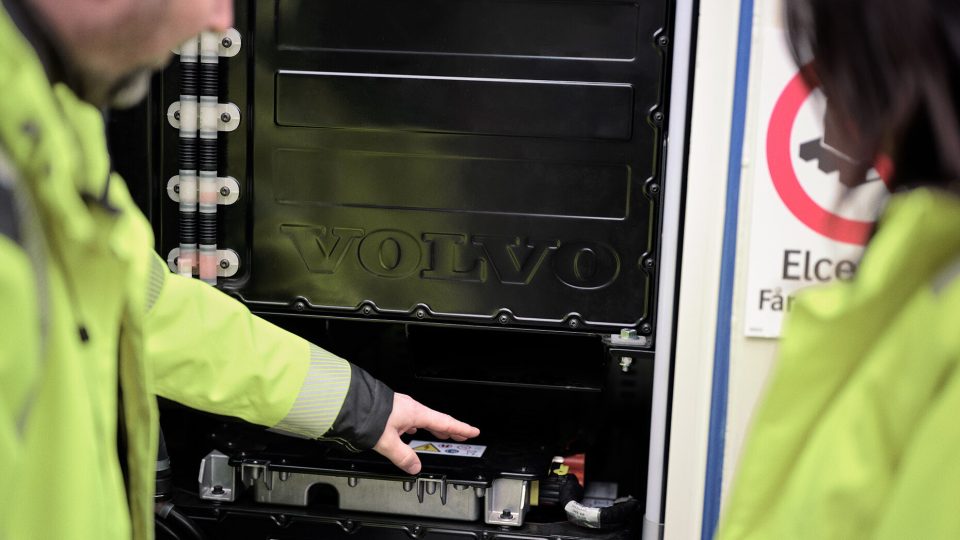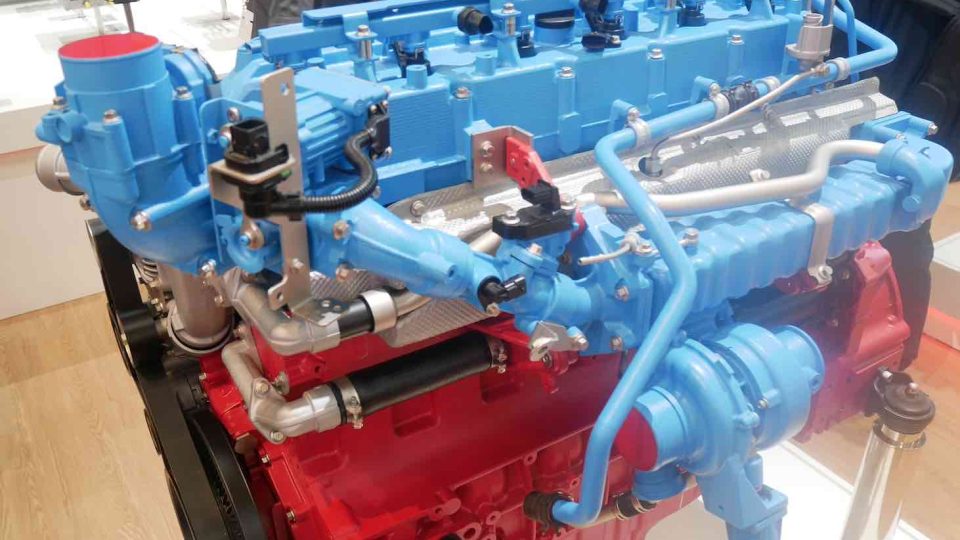Bosch and the Rudolf’s resurrection
Bosch and the Rudolf apology. «There’s a future for diesel. Today, we want to put a stop, once and for all, to the debate about the demise of diesel technology. The new diesel engines are the propulsion engine of the future, not the problem, but an important part of its solution». These sentences don’t come from a […]
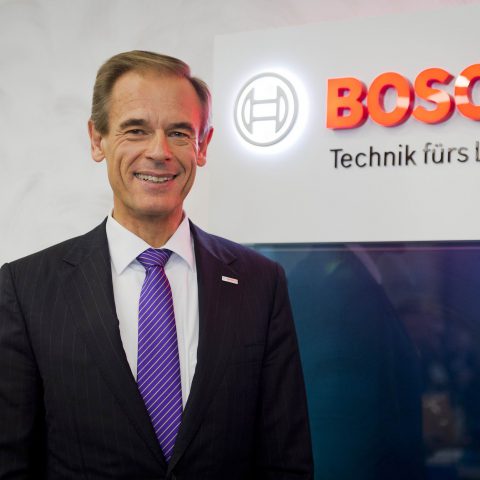
Bosch and the Rudolf apology. «There’s a future for diesel. Today, we want to put a stop, once and for all, to the debate about the demise of diesel technology. The new diesel engines are the propulsion engine of the future, not the problem, but an important part of its solution». These sentences don’t come from a hallucination and don’t date back to the 1980s. The CEO of Bosch, Volkmar Denner, made this endorsement. «This breakthrough offers the opportunity to shift the heated debate over diesel into new territory and, hopefully, bring it to a close».
And what we are talking about? In two words: ’13 milligrams’.

Bosch and ’13 milligrams NOx’
One step behind. Back to Dieselgate. Bosch was the ‘stone guest’ (do you rimember Don Giovanni opera?). The implicated controller, the EDC17, was branded Bosch. The hurricane touched lightly the €78bn in revenue last year company but an office defense was expected. It is not for this reason that we can pretend that nothing has happened when we get to the bottom of the matter. The point is this: reduce NOx exhaust emissions as low as 13 milligrams per kilometer, instead of the 120 milligrams limit prescribed after 2020. Not a dream, not a mirage, but the results achieved with the feared PEMS (Portable emissions measurement system). “A combination of advanced fuel-injection technology, a newly developed air management system, and intelligent temperature management has made such low readings possible” the company said.
«We firmly believe that the diesel engine will continue to play an important role in the options for future mobility. Until electromobility breaks through to the mass market, we will still need these highly efficient combustion engines» Denner said. The final step involves the supporters of electricity at all costs and the sudden conversion to gasoline, ignoring the CO2 balance. «We need a transparent assessment of the overall CO2 emissions produced by road traffic, including not only the emissions of the vehicles themselves but also the emissions caused by the production of the fuel or electricity used to power them».
Highly efficient combustion engines
Efficiency. If it is those who have talked about it that have industrialized the common rail, developed by the Fiat Research Centre, since 1994, we can believe it.
There are many ways to revive diesel in a new spring. Starting with Fpt Industrial itself (cousin of Fiat now FCA). Paraffinic fuels, or some advanced biodiesels tested by Scania and Volvo. Or, Spark Controlled Compression Ignition (SPCCI) technology by Mazda.
